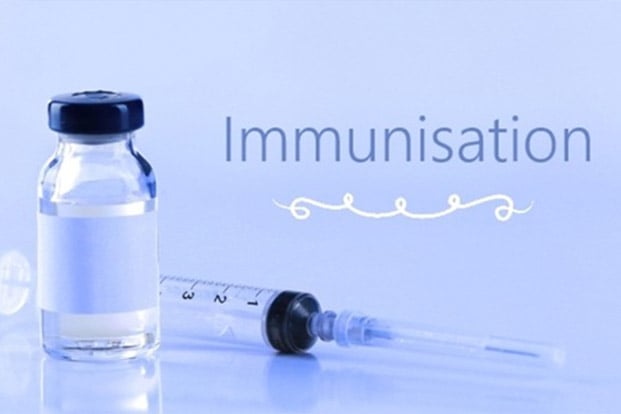Diseases That can be Prevented by Immunisation
Apr 19, 2022
‘Prevention is better than cure’ this is the age old saying we have learnt from our primary school days. There was a time when the infant and child mortality rate in India and worldwide was very high. With time vaccines came into being and we are able to give protection to our children against some common life threatening infections. With progress new vaccines are added every year. Still there are many diseases which need to be prevented and we need vaccines against them, eg:- malaria, HIV, Dengue ( though some progress has been made in this).
The vaccines which are available in India and the diseases they prevent are listed as below:
- BCG- against Tuberculosis
- DPT- against Diptheria, pertussis and tetanus
- Hib- H influenza type B ( against meningitis in young babies )
- OPV/IPV- polio
- PCV- against pneumococcal pneumonia
- Rotavirus vaccine- against Rotavirus diarrhoea
- MMR- Mumps measles and Rubella
- Varicella – chickenpox
- Hepatitis B and Hepatitis A
- Typhoid vaccine
- Tetanus vaccine
- Cervical cancer vaccine – against cancer cervix
Vaccines given in high risk conditions
- Flu vaccine – against influenza A and H1N1
- Meningococcal vaccine
- Yellow fever vaccine
- Japanese B encephalitis vaccine
Every country has its own immunisation schedule and the WHO has also recommended a schedule for all. Parents should follow the immunisation schedule as suggested by the paediatrician. Certain vaccines are recommended only under special circumstances for example in children with asthma, allergic bronchitis, immune compromised condition, etc.

Should new age vaccines be given to children?
Please note that vaccines are usually in two ranges – narrow spectrum – that are against a few types of pathogens and broad spectrum – that is able to provide protection against a bigger range of pathogens. Depending on the situation the Government of India recommends people to opt for immunisation. Kindly follow the same. Opt for the broad range vaccines and don be scared of the side effects.
Does Immunisation Have Side Effects?
Right thing to the right person in the right dose at the right time is medicine, but the same thing to the wrong person in the wrong dose or wrong time can be poison.
Going by the law of nature anything that has good effects can have bad effects too. There is no medicine in this world that has no side effects. If someone says his medicine doesn’t have any side effects, then he is either ignorant or he is lying.
Immunisation and side effects:
If you read the literature insert of each vaccine you will see a long list of common and uncommon side effects. Similarly if you actually read the side effects of medicine as simple as paracetamol, it will be a long list. I will enumerate only the common and some uncommon side effects of vaccination. Many vaccines can cause fever and pain at the site of vaccination. Some vaccines like MMR may cause a measles like rash a few days after the vaccine has been given. Vaccines like DPT may rarely cause excessive crying and even seizures in a child. Any injection whether vaccine or antibiotic can rarely cause a serious side effect called as anaphylaxis, which needs urgent medical attention. It is hence recommended that vaccination should be given to the child in a centre which is well equipped to handle all emergencies. There is a long list of side effects of each vaccine. However not giving a vaccine poses a much greater threat. It is also very important to ensure that the vaccine is within the expiry date and was stored in the right temperature.
It is a good idea to remain vigilant. Stay safe, stay healthy.
Points to be kept in mind:
- Please note that vaccines are introduced for public use after numerous studies and satisfactory clinical trials. Hence your child is safe to use the same.
- An immunisation is the best way to protect your child’s future. You ae safeguarding his today and tomorrow.
- As soon as your child is born, consult the paediatrician and get yourself sensitised with the immunisation plan.
- Do not miss on the shots. Remember if you miss the deadlines, you are endangering your child’s life.
- You can also refer to the local public health hospital for free vaccinations. The government provides a set free. You can also opt for a private hospital or clinic as per your convenience.
- Please feel free to question and ask your doctor about the side effects of the vaccine. They must be ranging from fever to slight rash. However note that the effects may not be as severe.





